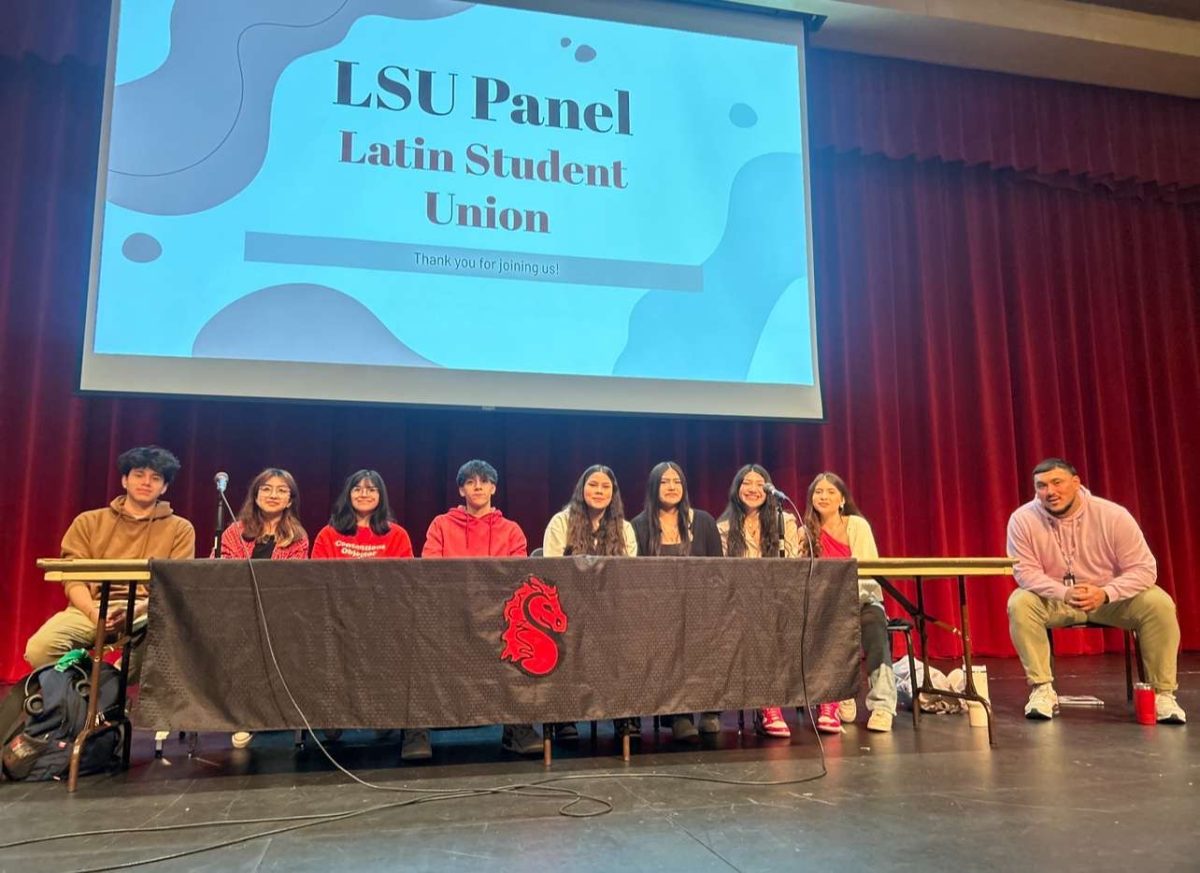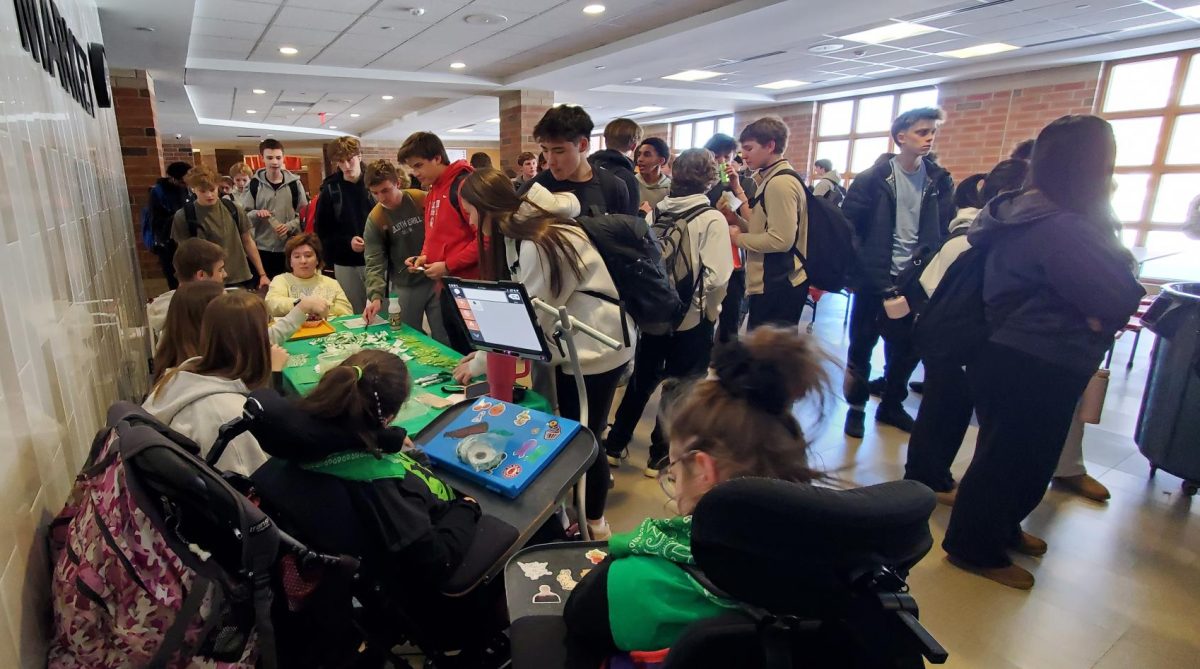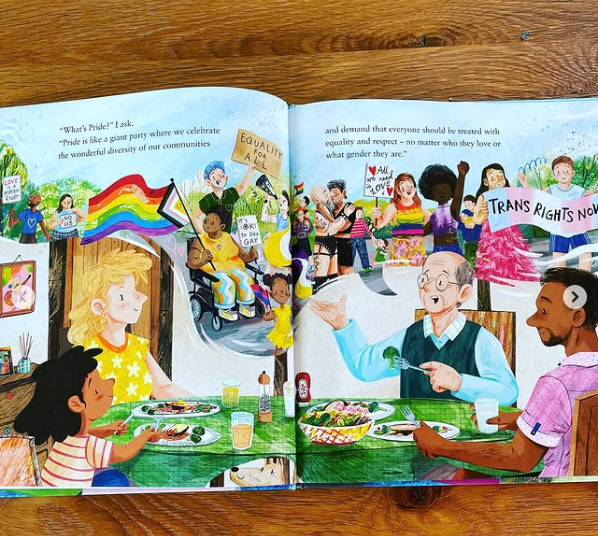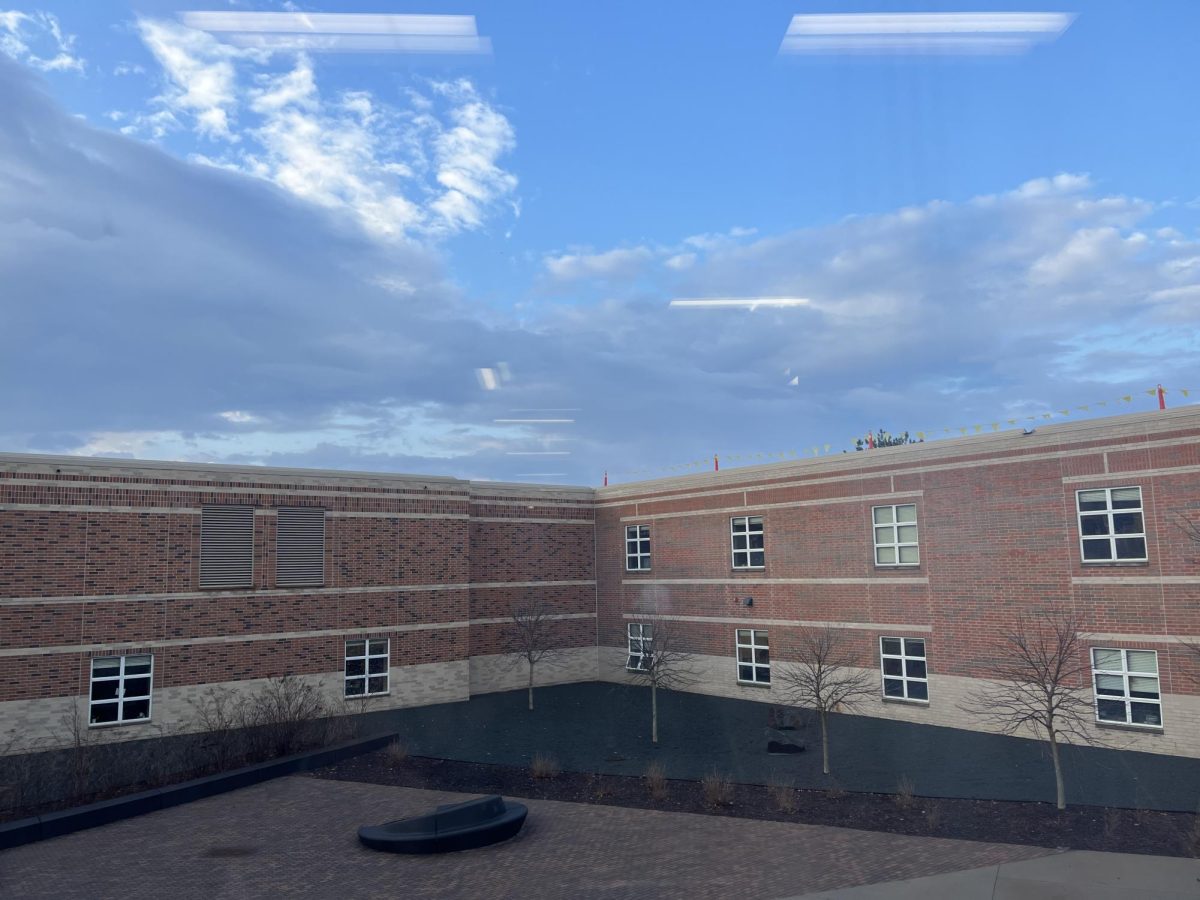After the Voices of Change conference, which is a collaborative meeting and workshop-based conference led by Cornelius Rish and the Student Leadership Council (SLC) during BLAST week, the SLC was held in the school auditorium on Feb. 12. The BIPOC Union is made up of 2-5 leaders from each of the following groups: Black Student Union, Latinos Unidos, Asian Students Union, Native American Student Alliance, Muslim Student Association, Student Leadership Council, Sisterhood and Student Council.
These clubs are committed to creating a more unified school community that stands against racism. They intend to establish a system of student organizations that will be proactive rather than reactive. BIPOC stands for Black, Indigenous People of Color, and is a council that shares their voice about problems in our school and community. They fight for the right of voice and fight for equality and not discriminatory. They started to escalate their council formation after fights broke out these past few months in the school.
Sisterhood is one of the clubs that contribute to BIPOC. Senior Angela Taylor, Senior Mikal Tekie and junior Mimi Taddess are the three leaders who run this club. They meet every other Monday in E206, from 2:30 to 3:15 p.m. Sisterhood is a club made for women and women’s voices.
“Sisterhood is a good way for women to specifically share their experiences and talk about the problems that they face on a daily basis, and connect women,” Taylor said.
The sisterhood community will help the BIPOC council by speaking out their voices and sharing women’s perspectives.
“Being able to talk about these issues in our community, and bring them to light is very important for our community because then they can hear multiple different sides of each story, like for the black student union, latinos unidos and more,” Taylor explained.
The main goal of LSU is to create a sense of community and a place for Latino students to have a safe place to join together and create a sense of community. In addition, creating new friendships and working on projects such as changing the hallway music to songs from Hispanic and Latino culture. LSU is one of eight clubs that are a part of BIPOC. LSU meets Tuesdays at 2:30 p.m. in room E223. The advisor is social studies teacher Jason Caballero. The student leaders are senior Lucas Avila and junior Emily Carrillo.
“I think it’s really important to have passionate student representatives. And really take charge of situations like these, especially in times when like, socially like sometimes a school struggles so I think being able to have someone who’s passionate about these issues that come up, is really helpful,” LSU leader Emily Carrillo explained.
The BIPOC union members are deeply passionate about their work, especially in initiating change from a young age, including events possibly starting in elementary schools to promote change.
As Carrillo explained, students in the BIPOC union are “super passionate about the things we are working on”. She added, “We’re working on issues to help our community improve as a whole. Also, by starting change at a young age, which includes elementary schools and I think it’s district-wide not worldwide.”
This highlights their dedication not only to impacting the high school community but also to giving insight to future generations of students.
Cornelius Rish is a cultural liaison and Equity Specialist for Stillwater Area High School. One of his main goals that drives him is to bring equal and fair opportunities to all kids in our school. According to information gathered by Statista about the diversity in state public schools between the ages of K-12, in July 2022 Minnesota public schools were reportedly made up of 63% White students, 11.6% Black students and 10.5% Hispanic and 6.9% Asian students. By giving voices and empowering possibly marginalized groups of students. Such as students in BSU, ASU and sisterhood clubs just to name a few.
By creating the BIPOC, Rish aims to strengthen the voices of those students and come together as one to better their community.
The need has always been for student voices and the voice of students from traditionally marginalized communities are absent in areas that impact them the most. Additionally, school and district leadership has recognized the need to have more open dialogue with families and students of color after the recent race-based violence, and response to the violence, Rish explained.
Recently the members of the newly formed BIPOC union, met with school and district administration to hear the students’ perspectives around the cancellation of Culture Day Rish added.
“Each affinity group brings a unique perspective from their history, background, and lived experiences. As such, many different, unique, and fresh ideas or ways to look at events/ situations/ policies may emerge. Regardless, BIPOC students need a space where they can be themselves and unapologetically express their truths – the BIPOC union provides them for them,” Rish said.







